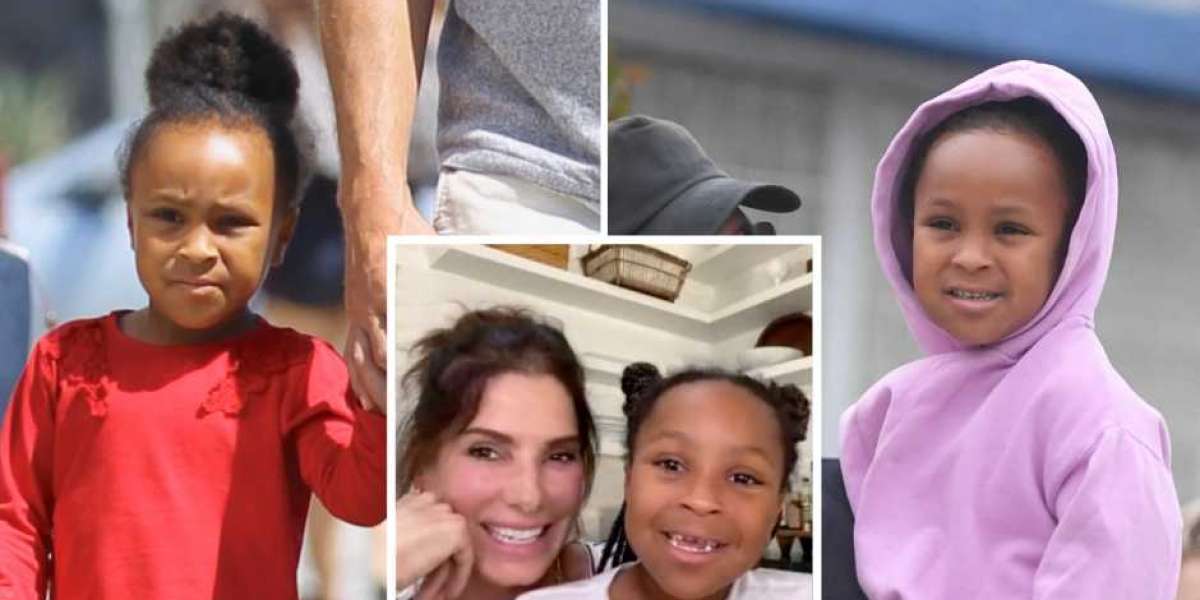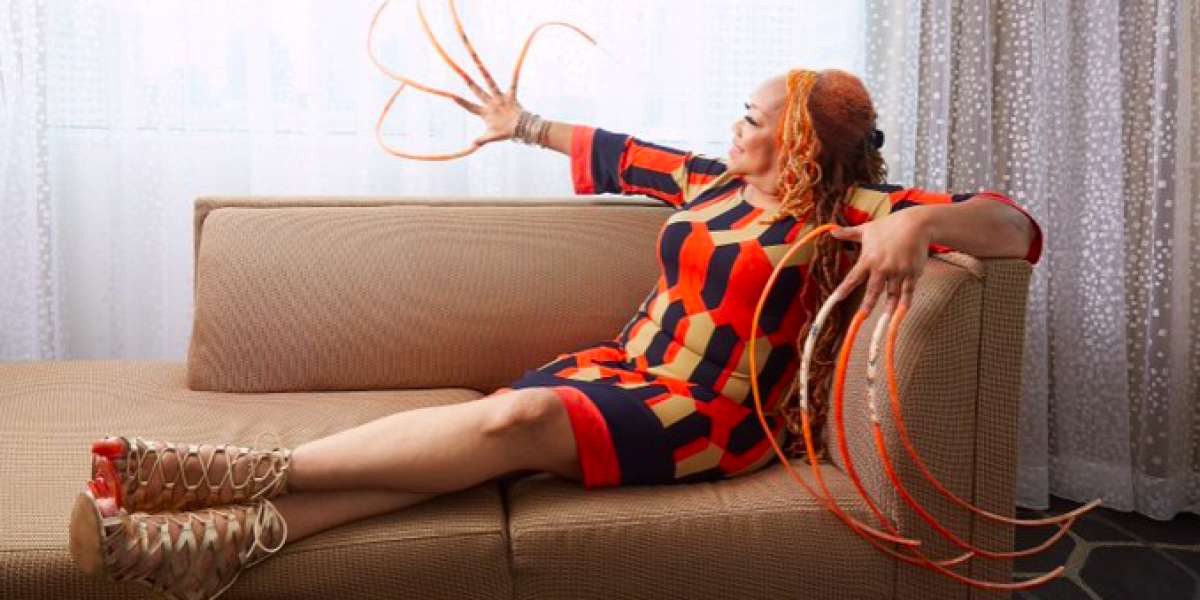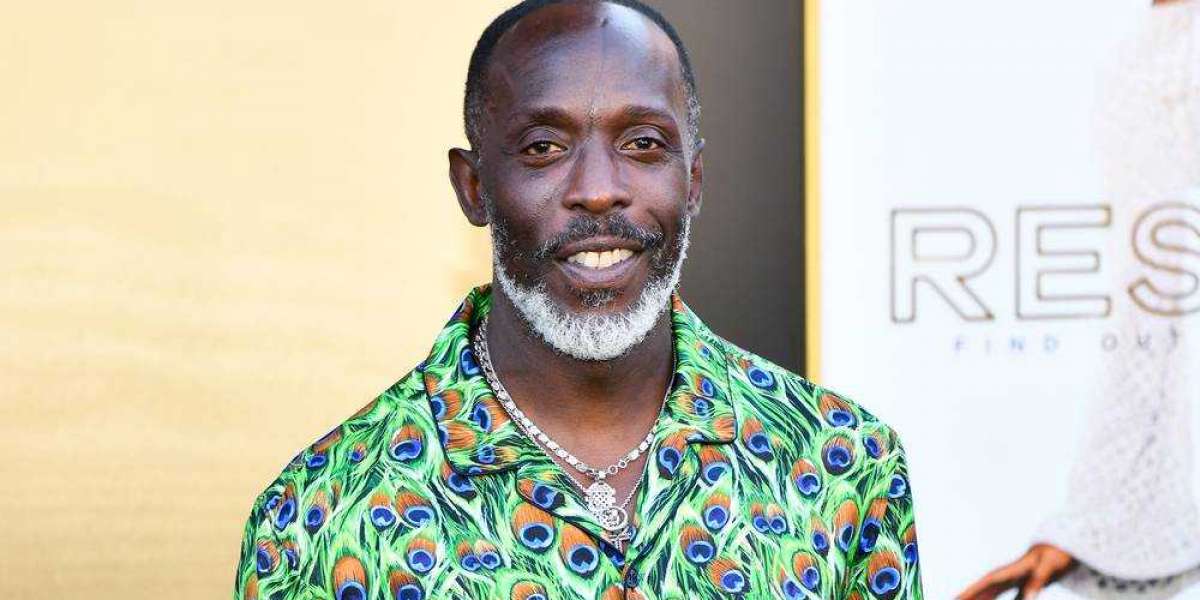The 57-year-old actress sat down with Willow Smith, Jada Pinkett Smith, and her mother, Adrienne Banfield-Norris, for a candid conversation about motherhood, where she admits that she “sometimes” wishes she and her kids had the same skin color. In her role in Netflix’s The Unforgivable, which is out on Dec. 10, Bullock is in a different lane than in previous rom-coms.
She plays a woman who has recently been released from prison and is looking for her long-lost sister, making her appearance on the show an intriguing premise about families. Bullock, who has 8-year-old Laila and 11-year-old Louis, shared her experience with the foster care system and how she approaches questions about being a white woman raising two Black kids, especially following the verdicts involving the deaths of George Floyd, Ahmaud Arbery, and the Kyle Rittenhouse shooting in Kenosha, Wisconsin.
“To say that I wish our skins matched, sometimes I do,” she shared with the group at the table. “Because then it would be easier on how people approach us, and I have the same feelings as a woman with brown skin being her babies or a white woman with white babies.” The two-time Oscar winner appeared on the cover of PEOPLE Magazine six years ago with her adopted Black children, and now the Blind Side star is coming to terms with the idea that watching them grow over the years has shown how much left she needs to learn. “I have the most glorious child to show for what exists within that system,” Bullock said of her choice to adopt, which also went against most people’s expectations.
“So, [this movie] is sort of my love letter to her.” Speaking on the issues of race, Bullock said that she is aware of the judgment she faces and the inequality that will challenge her children as they grow up. “As a white parent who loves her children more than life itself, I know I am laying existential anxiety on them, I have to think about what they’re going to experience leaving the home,” Bullock said. “They’re going to have my fear, but how can I make sure that my anxiety is accurate, protective?” With Lou, being a young Black man, at one point, sweet funny Lou is going to be a young man, and the minute he leaves my home I can’t follow him everywhere. I will try. I’m joking, but I’m not.” “I let him see everything. I let him process it. He knows how the world works. He knows how cruel it is, he knows how unfair it is, and Laila knows,” she added. “I let them teach me and tell me what they need to know. I thought I was educated and woke, I thought I was educated and woke, I thought I had it all. I wasn’t.”
Banfield-Norris added that she’s still learning, too, and reconfiguring her ideas about how families need to be and “feeling like it is better for a Black child to be raised in a Black home.” For Jada, it appears that love is the answer when enjoying being a parent. “My ideas around love and family have expanded,” Pinkett Smith said. “I have come to the conclusion that love is love.” To naysayers and racist trolls who believe that Bullock shouldn’t be a mother to Black kids, Bullock has a direct message to them, saying, “Come into our home. Discover the every-parent problem. Do I wish that our skins matched? Sometimes I do. It would be easier on how people approach us. It’s our anxiety, it’s our fear, it’s our cross to bear the minute you become a mom.” “It’s the mother-child dynamic,” Willow adds. “There is no color.” “Maybe one day that will go away. Maybe one day we will be able to see with different eyes,” Bullock added.
WATCH VIDEO:








